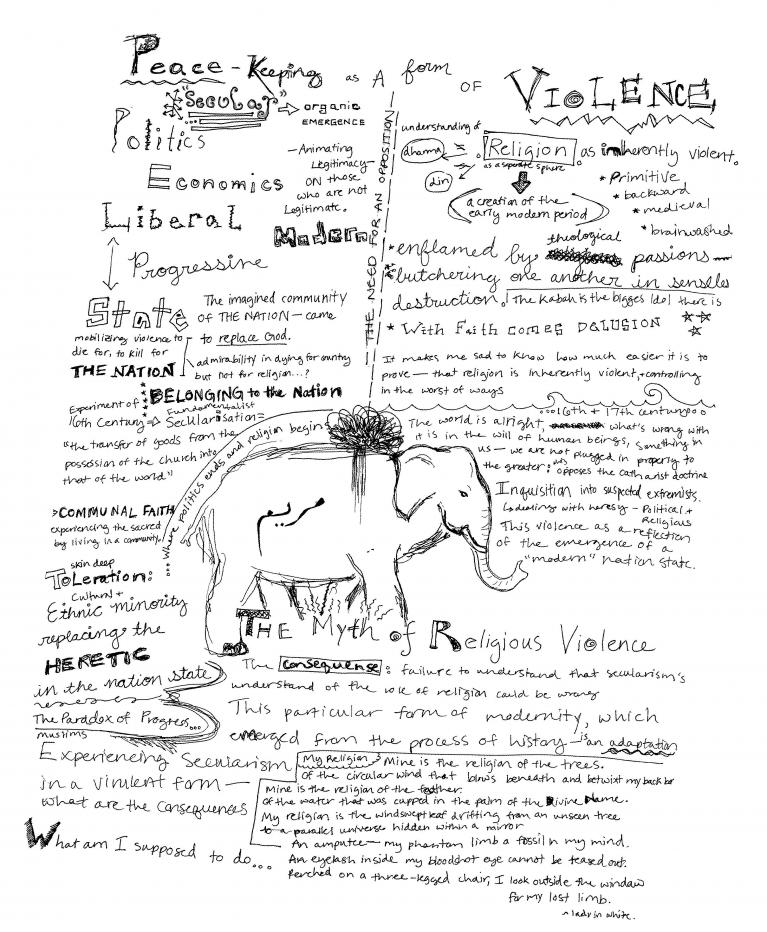Bowers and Alaimo
By calamityschildNovember 23, 2015 - 16:32

I would, first, like to discuss the meaning of "ecological intelligence" with the rest of the class, because though I have my own ideas about what the term might mean, I want to hear what everyone else's interpretations were so that I can develop my own and understand it better. Then, I want to talk about colonization in the linguistic sense, and how this impacts the natural world. It was very interesting to me that Bowers said that Western thinkers did not consider environmental limits when they were drafting the contemporary meanings of words that we still employ today in our language. Something I've been thinking about more and more, based on the recent readings we've been doing, is the idea that language is inadequate when it comes to expressing ourselves and conveying meanings.










